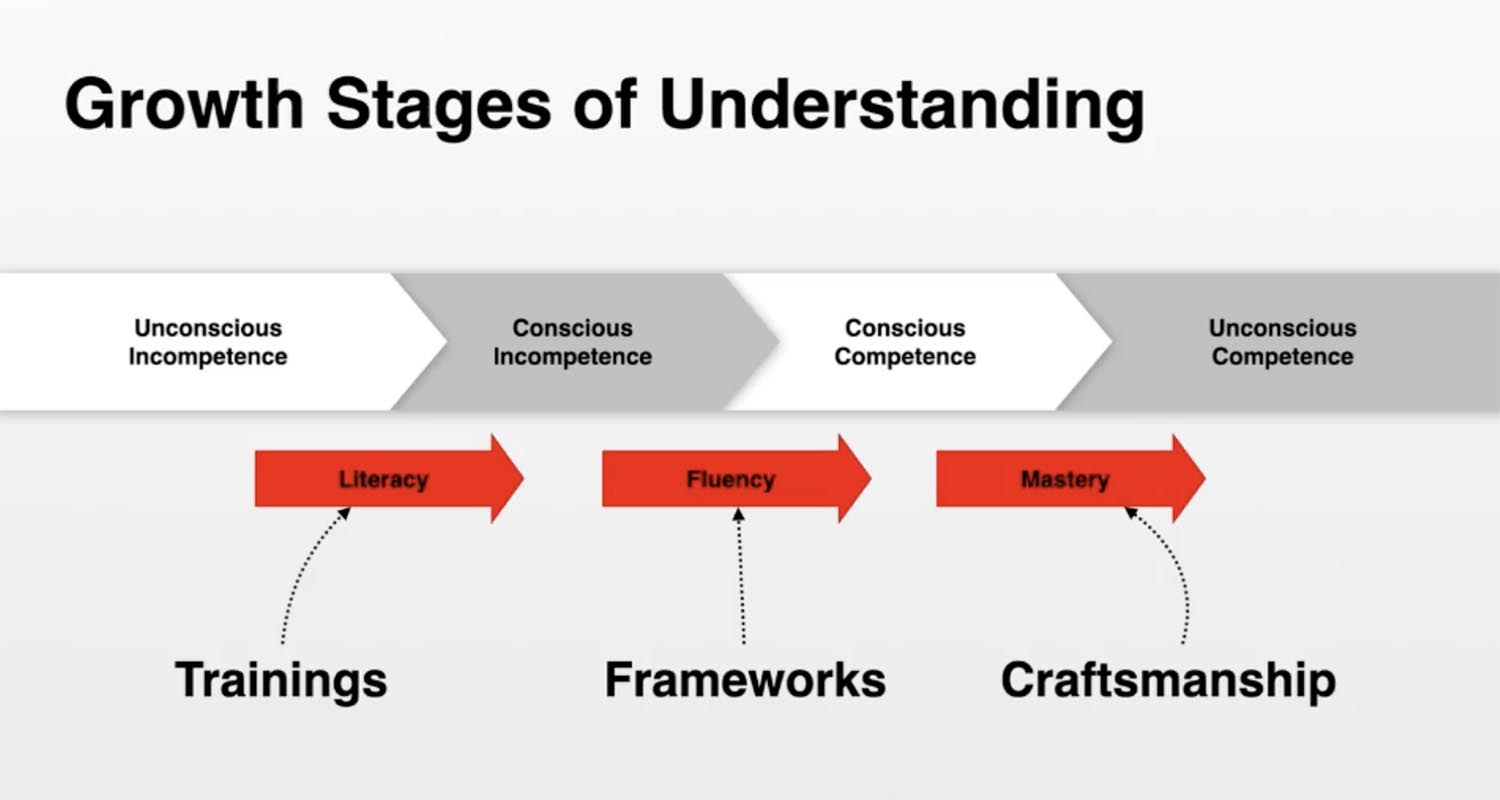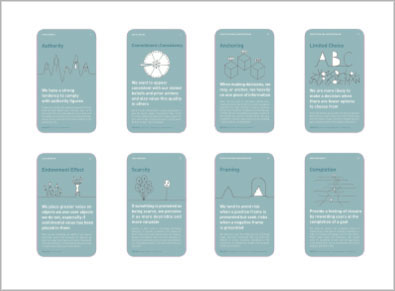Who is Jan Kiekeben
Jan is a highly skilled professional with a diverse background, making him difficult to categorize. With experience in both UX and product management, Jan demonstrates a unique blend of technical and strategic expertise. His ability to understand product and business strategy allows him to not only build things but build the right things.
The Flaws of Product Discovery Training
In this article, Jan delves into the topic of product discovery, questioning the effectiveness of traditional training methods, and exploring why they often fall short of expectations. The aim is to shed light on the failings of these training sessions, the reasons I have come to label them as “ineffective.”
My journey in digital product development spans over fifteen years, a journey of honing my skills across various organizations and diverse projects. With time, I advanced to a senior position, and a desire to expand my knowledge to a larger organization took hold. I organized trainings, presentations, and workshops, tirelessly striving to educate those around me. However, despite my best efforts, the organization’s embracing of product discovery remained static, making it clear that my approach was in need of recalibration.
It felt as though I was on a stage, preaching to a crowd that was eager to learn, yet the knowledge seemed to slip through their fingers as they attempted to apply it in real-world scenarios. This realization led me to the decision to transition from merely ‘telling’ to ‘doing,’ a shift that required me to stop preaching and adopt a hands-on approach.

In my attempt to pinpoint the problems plaguing product discovery trainings, I identified three primary issues. These problems, however, are not all-encompassing, and there are undoubtedly numerous others that further contribute to the ineffectiveness of these sessions.
Training scenarios are artificial
The first problem is the artificial nature of the training scenarios. The cases presented in these sessions are often set up to be straightforward, providing the trainees with an oversimplified version of reality. The lack of real-world complexity and risk in these artificial scenarios creates a chasm between the training environment and actual product discovery.
Product Discovery Trainings focus overly on frameworks
Secondly, product discovery trainings tend to overly focus on frameworks, such as Lean, Build-Measure-Learn Cycle of Lean Design, Double Diamond, and others. While these tools are crucial, their effective use requires teams to flex their muscles and gain a deep understanding of these frameworks. This understanding can be charted through four stages: unconscious incompetence, conscious incompetence, conscious competence, and finally, unconscious competence. Trainings, unfortunately, only assist in transitioning from the first to the second stage, leaving a substantial gap to mastery.
The context of the daily grind is neglected
The third issue is the daily grind, which product discovery trainings often fail to address. Changing habits and forming new ones require repeated practice, something that these training sessions frequently overlook. The Hook model by Nir Eyal offers a solution to this issue by presenting a strategy to form new habits.
A Call to Leaders: Embrace Coaching
In this arena of experience and leadership, I present to you an appeal, a solution to the challenges we face. Consider this: we’ve all read the books, we’ve all equipped our teams with the necessary resources, but perhaps we could consider a slightly different approach. How about a hearty dose of coaching, a dash of facilitation, and a touch of consulting? Let’s explore how this triad of strategies can address our complex problems.
Coaching allows us to grapple with the intricate realities of our products and teams. It’s not an abstract concept, but a hands-on, in-the-trenches approach to solving real issues with real people. You work directly within the team, with a product trio, in real situations, tackling the full complexity head-on. This hands-on approach is critical to establishing new, effective habits.
However, as we embark on this journey, it’s common for teams to stumble over methods and templates. But fear not. As seasoned leaders, we’ve been there, we’ve conquered these hurdles. The key is to pass on our mastery, to guide teams to fluency. We can draw from our extensive toolkit and apply the most appropriate methods at the right time.
And finally, let’s address the daily grind. It can often feel like an insurmountable obstacle, but with targeted coaching, we can instigate behavior changes, form new habits, and ultimately transform the daily routine into a more intentional, productive endeavor.
So, how do you get started? You might wonder. I present to you three straightforward steps. First, consider the conditions. Start with a team where you have no vested interests, a team that will appreciate your guidance. Importantly, walk alongside them, not ahead of them. You’re not there to make decisions for them, rather, to coach them to make their own.
Next, consider the environment. Set up regular check-ins. You’ll be surprised at the significant influence and progress you can make with just two 30-minute sessions a week. Establish some ground rules for these sessions. For instance, the focus should be on the future, not the past. And the team should be in control, they make the decisions, you’re there to nudge them along the right path.
Finally, practice. Just like any other skill, coaching and facilitation skills improve with practice. Remember, the art of coaching lies in asking the right questions, not in giving advice. It’s about stimulating the team’s thought process to decide their next move.
In closing, my final call to all leaders and seasoned professionals is simple: cease the preaching and embrace coaching. Thank you.
Find mentors who can help you with Training
